|
Ticker
6/recent/ticker-posts
Axios Latino: Latina cops say they were sexually harassed on the job
Hayis
Kasım 24, 2021
Popular Posts
Houston Rockets Players List
Kasım 30, 2021
[HACK] Guardian Cross iOS v2.5.0 MEGA HACKS (Jailbreak)
Ekim 18, 2021
Athlean xmax size pdf free download
Ekim 19, 2021
17 Best images about Seven Knights on Pinterest Sun
Ekim 19, 2021
Random Posts
5/random/post-list
Labels
- Blog 604
- mp3 free download 27
- APK 9
- Rap 9
- Action 8
- free fire hack 8
- 28mm 7
- Android 7
- How to Hack VC MT NBA 2K20 Cheat Online Generator 7
- game 7
- movies 7
- DLS Dream League Soccer 2020 Hack Coins Cheats Online Generator Android iOS 6
- Download 6
- horror 6
- Call of Duty Hack CP Credits Cheat Mod Generator Online No Human Verification Android iOS Xbox PS4 5
- Games 5
- News 5
- art 5
- comics 5
- 1080p 4
- 15mm 4
- 2018 4
- AAR 4
- Breaking News 4
- Coin Master Hack Coins Spins Cheats Mods Generator Online No Verification 4
- Music 4
- PUBG Mobile Hack UC BP Cheats Mods Online Generator No Verification Android iOS 4
- featured 4
- friends 4
- 1950s 3
- 25mm 3
- Action Games 3
- Adventures 3
- Afro Pop 3
- Android Games 3
- Battle report 3
- Book Reviews 3
- Business 3
- Coin Master Hack Coin Spins Cheat Download Mod Generator Online No Verification 3
- ML Hack 3
- North Carolina 3
- OSR 3
- Television 3
- Tutorial 3
- baseball 3
- dream league 3
- fashion 3
- ios 3
- mobile 3
- nature 3
- recipes 3
- 100 years ago today 2
- 100-Word Stories 2
- 1960s 2
- 1986 2
- 2014 2
- 2015 2
- 2019 2
- 2ª guerra mundial 2
- 40K 2
- 4e 2
- 5E 2
- AD&D 2
- AUDIO 2
- Adventure 2
- Appendix N 2
- Awards 2
- Banners 2
- Battle Reports 2
- Big Willie 2
- Bolt Action 2
- Craft Gossip 2
- ECW 2
- Entertainment 2
- Feature & special 2
- Fifa 20 Mobile Hack Coin Point Gems Cheat Online Generator No Human Verification Android iOS 2
- Greta Garbo 2
- Holidays 2
- Hordes 2
- How to Hack Coin Master 2
- Inspiration 2
- Japan 2
- Jokes 2
- Just Another Sweet Day 2
- Justin Huber 2
- London 2
- MARRABENTA 2
- Musica 2
- NBA 2K20 Hack VC and MT Cheat Online Generator 2
- Napoleonic 2
- Never Heard of It 2
- Operation Sports 2
- Oscars 2
- Other Software 2
- Others 2
- Painting 2
- Pokemon Go Hack Pokecoins and Incense Cheats Android iOS 2
- Pop 2
- Reviews 2
- Roblox Hack Robux Cheats Mods Online Generator No Human Verification Android iOS Facebook 2
- Terrain 2
- Terry 2
- Trending 2
- \u0026 2
- apk-mod 2
- awesome 2
- bollywood 2
- books 2
- christmas 2
- collecting 2
- design 2
- dream league free hack 2
- fantasy 2
- iOS games 2
- knitting 2
- life 2
- memories 2
- movie review 2
- pcgamesn.com 2
- photography 2
- playground 2
- strategy 2
- technology 2
- video 2
- "" 1
- "Dave Fleischer" 1
- #RealRobo 1
- #background 1
- #thecultrises 1
- '80s 1
- 'Round About Midnight 1
- (Kuduro) 1
- (Sfera) 1
- * Macaron 1
- -mancy 1
- ...debut: 1960 1
- ..Negro Leagues 1
- 00010 1
- 00012 1
- 00031 1
- 01 PAYPAL 1
- 02-03 private stock 1
- 05-06 ud ice 1
- 1 1
- 1/100 MG Wing Zero Custom 1
- 1/6 scale 1
- 10mm WW1 1
- 12" Figure 1
- 15/18mm 1
- 15mm Fantasy 1
- 15mm Persians 1
- 15mm Spanish 1
- 15mm Workbench 1
- 15mm review 1
- 1672 1
- 17th 1
- 1830s 1
- 18th Century 1
- 1920x1080 1
- 1930's 1
- 1930s 1
- 1933 1
- 1934 Tour 1
- 1956 1
- 1960 1
- 1971 1
- 1972 mini's 1
- 1976 1
- 1978 1
- 1990s 1
- 1992 Donruss Triple Play 1
- 1994 1
- 1996 1
- 19th century fiction 1
- 1:100 scale wargame 1
- 1:63 1
- 1` 1
- 2000's 1
- 2004 1
- 2004 upper deck 1
- 2007 1
- 2007 Topps Total football 1
- 2010 Topps Series 2 1
- 2010s 1
- 2011 topps 1
- 2012 1
- 2016 1
- 2020 1
- 20mm 1
- 21st Century 1
- 24XX 1
- 25/28mm 1
- 28mm Fantasty 1
- 28mm Skirmish 1
- 28mm WW2 Desert 1
- 28mm WWII 1
- 2K14 1
- 2K21 1
- 2K21 ROSTER 1
- 2mm 1
- 31 days of fright 1
- 3D Games 1
- 3rd Party 1
- 4 1
- 4 pics 1 word answers 1
- 40k Monthly Review 1
- 40mm 1
- 4Most Comics 1
- 52 books 1
- 5th Edition 1
- 6 Gun South 1
- 60's Cinema 1
- 60s TV 1
- 6973833 1
- 6mm naps 1
- 7 1
- 70's 1
- 72nd scale 1
- 7tavern 1
- 8bphack.online 1
- 9J 9K AND 9L 1
- @chargerEB 1
- A Page of Madness 1
- ACKS 1
- ACW 1
- ADnD 1
- AHPC X 1
- AHPC9 1
- ALLES ODER NIX RECORDS 1
- AMORPHOUS 1
- AN 15W 1
- ANDROID GAME MODS 1
- APK APPS 1
- ARCADE ACTION 1
- AU GRAHAM MASTERTON 1
- Aamir Khan 1
- Abandoned 1
- Abu Klea 1
- Action Reports 1
- Activator 1
- Adguard Premium v2.8.1 apk 1
- Adult 1
- Advent Photos 2021 1
- Aegean Sea 1
- Afghanistan 1
- Africa Somalia 1
- Afro naija 1
- Afro-Carib-Latin 1
- Airfix 1
- Alain Kan 1
- Alaska Baseball League 1
- Albert Barnes 1
- Alchemy 1
- Alien Base 1
- Alignment 1
- All at Sea 1
- All things Zombie 1
- Alter Ego 1
- Amazon reviews 1
- America - Fuck Yeah 1
- Andrew Greeley 1
- Android Apk 1
- Android HD games 1
- Animation 1
- Anna Nicole Smith 1
- Annapolis Royal 1
- Anti Trump 1
- Anton 1
- Aplikasi Android 1
- Applications 1
- Apps 1
- Arab Travelers 1
- Armati 1
- Art: Concept 1
- Art: Tributes 1
- Artizan Designs 1
- Ashford Valley 1
- Astagar 1
- Astros 1
- Audition 1
- Aurelia 1
- Auto World 1
- Autobot 1
- Automobiles 1
- Autumn 1
- Auxilia Project 1
- Axxor 1
- B-25 1
- B-movie Monday 1
- B.P.R.D. 1
- B/X 1
- BACHELOR RECIPES 1
- BESTSELLING 1
- BWL Publishing Inc. 1
- Background 1
- Bad Day 1
- Bali Attractions 1
- Baltimore Orioles 1
- Bank of England 1
- Barbosa Marilia 1
- Basing 1
- Bastidores 1
- Batiste 1
- Batman 1
- Batman Gotham Knight 1
- Battlefield Tours 1
- Battlestar Galactica 1
- Beastmen 1
- Beau Geste 1
- Beauty 1
- Beauty Creations 1
- Belmont Park 1
- Bernardino Luini 1
- Big Brown Eyes 1
- Big Think 1
- Bikes 1
- Bill Ritchie 1
- Birds 1
- Black Dog 1
- Black Mini Frankenset 1
- Black Powder 1
- Blind-Bagged 1
- Blog Share 1
- Blog Update 1
- Blogfest 1
- Blogging 1
- Blogs I enjoy 1
- Bloqueio 1
- Blossoms 1
- Blucher 1
- Boar Knights 1
- Board Games 1
- Boards 1
- Bob Harper 1
- Bongo movie 1
- Book Giveaways 1
- Book updates 1
- Books: Hardback 1
- Boss 1
- Box Break 1
- Boxing 1
- Brad Smith 1
- Brett Halsey 1
- Brian Lindenmuth 1
- Brian Roe 1
- Brigade Games 1
- British 1
- British authors 1
- Broken Windows novel 1
- Brooks on Books 1
- Buildings 1
- Bullet Club 1
- Burlesque 1
- Buster Keaton 1
- CASTLE BURN cheat engine 1
- CM Punk 1
- CR 2015 1
- Campaign Ideas 1
- Campaign building 1
- Cannibelle 1
- Car Insurance 1
- Card of the Day 1
- Cardi 1
- Carole Landis 1
- Carpania 1
- Cartoons 1
- Case Clicker 2 v2.1.5d Mega Mod 1
- Castro 1
- Cat Studio 1
- Cath Staincliffe 1
- Cats 1
- Cels 1
- Cesar Puello 1
- Chaissac Gaston 1
- Challenger - A30 cruiser tank Mk VIII 1
- Character Sheets 1
- Charlie Sheen 1
- Cheat Engine Table 1
- Cheats 1
- Chiefs 1
- Christopher George 1
- Cinema Venezuelano 1
- Clarins 1
- Classic D and D 1
- Classics 1
- ClearCutCards 1
- Collecting Cybertron 1
- Colonial-Skirmish 1
- Company B 1
- Computer Cleaner 1
- Cornetto Trilogy 1
- Coronavirus 1
- Corsairs and Cavaliers 1
- Country Music 1
- Creature From the Black Lagoon 1
- Creepy Creations 1
- Crossovers 1
- Cruisers 1
- Cryptworld 1
- Cryx 1
- Críticas 1
- Culham 1
- Curiosidades 1
- Custom 1
- D&D 1
- D&D 5e 1
- DAVID AUBREY 1
- DC 1
- DF 1
- DOWNLOAD hack Z.O.N.A Project X v1.01 APK mod 1
- Da Gretchin Army 1
- DaBaby - Guilty Conscience/Set It Off 1
- Dairy-Free 1
- Dance Monkey 1
- DandD 1
- DanialMustaqim 1
- Daring Cooks Challenges 1
- Dark Arts 1
- Dark Elf 1
- Dark Mechanicus 1
- Das schwarze Auge 1
- Death Match 1
- Deborah Kerr 1
- Decision Dice 1
- Decorating 1
- Defense Game 1
- Der Koch - Russland 1943 1
- Designs Wallpapers 1
- Diana Barrymore 1
- Diane Kruger 1
- Diehard Miniatures 1
- Dinner 1
- Disperatamente l'estate scorsa 1
- Dj Mustard ft Mr Raw - Anam Ako 1
- Domestic Life 1
- Don Ameche 1
- Don DeFore 1
- Doris Day 1
- Douglas A. Anderson 1
- Dr. Strange 1
- Drabble 1
- Draft 1
- Dragon City Hack Gems and Coins Cheats Online Generator Android iOS 1
- Dubstep 1
- Dungeons and Dragons 1
- Dungeons and Dragons 4 1
- Dutch forces 1
- EC Comics 1
- EP 1
- Eddie Cantor 1
- Education 1
- Election 2010 1
- Electra Avellan 1
- Elizabeth Seckman 1
- Ellie Goulding 1
- Encounter Critical 1
- England 1
- England Upturned 1
- Epic 1
- Escape from Goblin Town 1
- Esoteric Enterprises 1
- Espanha - Salamanca 1
- Events - Événements 1
- Explained 1
- Exploring 1
- FBOFW 1
- FOREIGNGOSSIPS 1
- FPS 1
- FTS 1
- FTS 22 1
- Faces 1
- Fairy Tales 1
- Fall 1
- Fallen Angels 1
- Fallschirmjäger 1
- Family 1
- Family Ties 1
- Fantastique 1
- Fantasy Baseball cards 1
- Fast and Furious 1
- Feh 1
- Festive Recipes 1
- Fiend Folio 1
- Fifa 20 Mobile Hack Points Coins Cheats Online Generator No Survey Android iOS 1
- Fifi 1
- Figabulary 1
- Fighting 1
- Fighting Games 1
- Filmografias 1
- Films 1
- Folk 1
- Food & Drink 1
- Food And Recipes Inspiration 1
- Football 1
- Football Cards 1
- Ford 1
- Foretelling 1
- Fortnite Season 9 Gameplay 1
- Fortun.Info/Brawl Download Brawl Stars Mod Apk 16.176 1
- Four Color 1
- France 1
- Frank Giacoia 1
- Frankfurter Allgemeine 1
- Franklin Gutierrez 1
- Fred the Clown 1
- Free Download Softwares 1
- Free Save File 1
- French Crown Jewels 1
- French forces 1
- Friday's "Forgotten" Books 1
- From My Kitchen 1
- Front Men 1
- Frostgrave 1
- Furt-focused 1
- GLOG 1
- GTA SAN ANDREAS 1
- GURPS 1
- Gadgets 1
- Gaji Terbaru 1
- Galangal 1
- Galaxy Master 1
- Game Petualangan 1
- Game Strategy 1
- GamesIndustry.biz 1
- Gaming 1
- Garden 1
- Geburtstagswünsche 1
- Gene Tierney 1
- General Ossrum 1
- Generators 1
- George Gross 1
- Ghana Music 1
- Ghetto Zouk 1
- Ginny 1
- Girls Games 1
- God's Killings 1
- Good Stuff 1
- Good Thing 1
- Gospel Soul 1
- Goth of the Week 1
- Grandboys 1
- Greece 1
- Green Lantern 1
- Grey Knights 1
- Ground Zero Games 1
- Group Break 1
- Guest Posts 1
- Guia Ilustrado Zahar 1
- Guild Ball 1
- Gygaxian Democracy 1
- HACK Game of War – Fire Age 2.6.307 APK ANDROID 1
- HAD 1
- HERE'S TO YOU DAY 1
- HOF Friday 1
- HRH's Adventures 1
- HW CITY 1
- Hair Cut Ideas 1
- Haircut 1
- Hallmark 1
- Halo 4 1
- Haqeeqat 1
- Harf Zimmermann 1
- Harold Baines 1
- Health Benefits 1
- Hebrides 1
- Heer46 1
- Hellenistics 1
- Hesse-Fedora 1
- Hikes 1
- Hiroki Kuroda 1
- Historical Gaming 1
- Hobby in general 1
- Hobson's Choice (1954) 1
- Hockey 1
- Horst Frank 1
- Hot Photos 1
- Hot Wallpapers 1
- Houserules 1
- How to Hack Dragon City 1
- Humor 1
- Humphrey Bogart 1
- I Married a Monster From Outer Space 1
- If You See Swamp Thing... 1
- Illamasqua 1
- Illustrations 1
- Imperial Guard 1
- In-Person 1
- Ina Garten celeriac salad 1
- Infamous 2 working with patch on 3.55 CFW 1
- Inspirations 1
- Interior Style Boards 1
- Interstellar: Movie Review 1
- Iron hills; Erebor; Thorin III; Dain ironfoot 1
- It should be a holiday 1
- Italy 1
- Jacinda Ardern's Labour Government 1
- Jack Alexander 1
- Jake Abel 1
- James Reasoner 1
- Jamie Chung 1
- Jebel Hadr 1
- Jennifer Lawrence 1
- Joan Crawford 1
- John Flanagan 1
- John Loveday 1
- John McCain and Jimmy Carter 1
- John Sharpe 1
- Joseph Morgan 1
- Jules Verne 1
- Julian Symons 1
- Jungle News 1
- Justin Bieber 1
- JustinBieberVEVO 1
- Kata kata Bucin 1
- Kate Mulgrew 1
- Katherine Harrigan Crosby 1
- Kelly MacDonald 1
- Kenner 1970 Blue 1
- Kevin Young 1
- Key West 1
- Kickstarter 1
- Kingdom Death 1
- Kizomba 1
- Kos 1
- Kosovo 1
- Krüger 1
- LARP 1
- Labyrinth Lord 1
- Land: DVD Review 1
- Later Hungarian Army 1
- Lawrence Krauss 1
- Leftovers 1
- Legacy DnD 1
- Len Deighton 1
- Leonard Nimoy 1
- Lessons of the Past 1
- Life Drawings 1
- Life In The Monkey House 1
- Lifestyle 1
- Lili Berger 1
- Lineage 1
- Literary Adaptation 1
- Literary Wargamers 1
- Literatura 1
- Littérature 1
- Lockdown 1
- London board 1
- Long Island 1
- Los Angeles 1
- Lost World 1
- Lucy Hale 1
- Lyrics 1
- MDF figures 1
- MEST 1
- MOSAIC Strict 1
- MOTU 1
- Magic System 1
- Main Dish 1
- Makeup Bag 1
- Marie Bashkirtseff 1
- Marvel Comics 1
- Max Allan Collins 1
- Maybelline 1
- Mechanicus 1
- Mega Collection 1
- Melanin 9 1
- Memória 1
- Menko 1
- Menopause 1
- Menu 1
- Mets 1
- Meuse 1
- Military Personnel 1
- Militia Miniatures 1
- Minis 1
- Miscellaneous 1
- Mobleg.Vip Mobile Legends Bang Bang Hack Android 1
- Mod Apk 1
- Modelling 1
- Monster Movies 1
- MonsterMarch5 1
- Movie Costumes 1
- Movie Trailers 1
- Moving Forward 1
- Mp3 1
- Mushrooms 1
- MusiCards Master Set Quest 1
- Musings 1
- Mutants In The News 1
- My Edmonton 1
- My house 1
- Mythic GME 1
- Música 1
- Músicas 1
- NBA 1
- NBHW 1
- NLE Choppa - Side (Mp3 Download) 1
- Nargis Fakhri images 1
- Nascar 1
- National 1
- National coffee day. watercolour sketches 1
- Naval Brigade 1
- Nayl 1
- Never 1
- New Contemporary Art 1
- New Games 1
- New Mutants Special Edition 1
- New Year Postcard 1
- New York 1
- Ngaio Marsh 1
- Night Court 1
- No Blog Kinda Day 1
- Nobody's 1
- Noir City 1
- O-Pee-Chee 1
- OG15 1
- Obits 2008 1
- Obituary 1
- Ocio 1
- Ode 1
- Old-time radio 1
- On Reading 1
- On the Workbench 1
- Oni Press 1
- Online Shopping 1
- Orange County Choppers 1
- Other Stuff 1
- Our World Tuesday 1
- Outdoor Wednesday 1
- Outfits 1
- PC Games 1
- PC-Software 1
- PES 2016 1
- PES PPSSPP 1
- PPSSPP 1
- PPSSPP Games 1
- PS4 1
- PSP Racing 1
- Pack Rip 1
- Pack Wars 1
- PanOceania 1
- Panini 1
- Parks 1
- Patricia Collinge 1
- Paul Henreid 1
- Peter Coyote 1
- Peter Cushing 1
- Peter Gray's Animal art 1
- Peter Pig 1
- Philadelphia Phillies 1
- Pictures 1
- Pike and Shotte 1
- Pilots and Planes 1
- Plagiats & plagiaires 1
- Play Report 1
- Playboy Cosmetics 1
- Player Collection: Luis Aparicio 1
- Plymouth 1
- Podcasts 1
- Pokemon Saves 1
- Pomadka 1
- Ponderings 1
- Post-apocalyptic 1
- Power Rangers 1
- Product Update 1
- Projects 1
- Promotion 1
- Prussian 1
- Puffy AmiYumi 1
- Pulp Alley 1
- Pulps 1
- Pure Geek Content 1
- REBECCA ROMIJN 1
- REFLEXÕES 1
- RSC2014 1
- RUBLEV 1
- Radio 1
- Random Rambling 1
- Red Scorpions 1
- Reds 1
- Release day 1
- Resistance 1
- Revenge 1
- Rommel 1
- Rookie Card 1
- Root 1
- Rumours 1
- SABZI AND CURRY 1
- SCROOGED 1
- SYW 1
- Salads 1
- Sam Wilson 1
- San Andreas 1
- Sandbox Design 1
- Sarah Connor Chronicles 1
- Sarah Cortez 1
- Schiffter Frédéric 1
- Sci-Fi and Horror Films 1
- Season 2 1
- Seduction of the Innocent 1
- Self Publishing 1
- Senji Studios 1
- Septiembre 24 1
- Sergie Eisenstein 1
- Server 1
- Sewcialites QAL 1
- Silly Symphony 1
- Simple food 1
- Simulation Games 1
- Single 1
- Skaven 1
- Snoop Doggy Ft. The HamilTones - Doo Wop Thank Me 1
- Social Comment 1
- Song 92 1
- Song of Blades and Heroes 1
- Soren Kierkegaard 1
- Soul 1
- Special Characters 1
- Speedy 1
- Sport 1
- Sports 1
- Spy-Fi Channel 1
- Sree Vidya 1
- Star Trek 1
- Star Wars 1
- Stickers 1
- Story based 1
- Street Photography 1
- Sunday with Jimmy Swinnerton 1
- Superbowl 1
- Supermarionation 1
- Survival 1
- Suvarnabhumi Mahayuth: Masterwork 1
- TCM 1
- TV Shows 1
- TVRGO 1
- Tamiya 1
- Tekumel 1
- Tequila 1
- Test of Honour 1
- Thanksgiving 1
- The Basement 1
- The Blair Witch Project 1
- The Bold and the Beautiful 1
- The Booth At The End 1
- The Front 1
- The Hard Way 1
- The High Seas 1
- The Little Things: Movie Review 1
- The Times Concise Crossword 1
- Third Person Action Adventure Games 1
- Three Days of the Condor 1
- Tidbits and Trivia 1
- Tides of Light 1
- Tony Richardson 1
- Tool 1
- Tools and materials 1
- Tournaments 1
- Trailer of the Week 1
- Travel Fair 1
- Travel Philippines 1
- Trends 1
- Troika! 1
- Truck 1
- Tuesday's Forgotten 1
- Tura Satana 1
- Tutorials 1
- Tyranids 1
- Tyrone Power 1
- USTF 1
- Undead 1
- Vampirella 1
- Vera Brittain 1
- Vertigo 1
- Victoria Justice 1
- Video Games 1
- Videos 1
- Virginia Woolf 1
- Visual Perception 1
- Vídeos 1
- WIP Wednesday 1
- WITH PORK 1
- WW2 1
- WW2 Pacific 1
- WWE 1
- War Comics 1
- War of the Triple Alliance 1
- War on Christmas 1
- WarGamesCon 1
- Warhammer Forum Talk 1
- Warrior 1
- Wedding Dresses 1
- Westerns 1
- William Lindsay Gresham 1
- Windows 1
- Wings of Glory BoB 1
- Wiser William 1
- Woman care 1
- Womens_Scarf 1
- Wonder Woman 1
- World Cup 1
- World War Two 1
- Worth the Splurge? 1
- Yo es otro 1
- You Know I'm Writing This Down Right? 1
- ZaynVEVO 1
- Zine 1
- Zombies 1
- Zooey Deschanel 1
- Zyan 1
- aaron frazer 1
- about 1
- accent manicure 1
- aches and pains. 1
- action cream 1
- action figures 1
- advertising 1
- advertising others' work 1
- age of reason 1
- aimbot download 1.8 1
- aimbot download windows 10 1
- airbrush 1
- allan guthrie 1
- allawn 1
- alleluia 1
- analogue painting challenge 1
- anarchy 1
- ancients 1
- anthropomorphic 1
- anti-Zionists 1
- antisemitism 1
- apple logo black and white png 1
- arrow 1
- ask the readers 1
- aug2012 1
- autographs 1
- autographs ttm 1
- aviation movies 1
- back 1
- back story 1
- balancing family life and writing 1
- baseballs and basements 1
- bbm mod 1
- beanbags 1
- beast tribe 1
- benefit 1
- bengali saree how to wear 1
- best router for fiber optic internet 2021 1
- best town hall 11 war base 2019 1
- bicycling 1
- biochem nutr 1
- birthday 1
- bizarrechats 1
- blog flashback 1
- board game 1
- book military history 1
- boston 1
- bouquins 1
- brazilian jiu jitsu difference japanese 1
- brewers 1
- brooklyn 1
- bryce avary 1
- building 1
- bulls 1
- burn after reading 1
- cakes 1
- campaign 1
- canadian beauty blogger 1
- carat 1
- cartaz 1
- cavalry 1
- ce publishing 1
- celebrities 1
- chandelier 1
- character actors 1
- charts 1
- cheap minis project 1
- cheat 1
- cheesecake 1
- chicago 1
- class 1
- clip 1
- cod m 1
- colaboración 1
- collabs 1
- company logo creator 1
- cooking 1
- corgette and lemon jam 1
- corruption 1
- create 1
- creative basketball team pictures 1
- crusoe 1
- cupcake 1
- current headlines 1
- d and d 1
- d10 tables 1
- danielle petty instagram 1
- dc comics 1
- detroit 1
- devotionals 2019 1
- did gojo satoru get sealed 1
- digital photography art 1
- dior. happy birthdyday. cheri perfume 1
- directed by women 1
- documentary 1
- dog 1
- donegal bay 1
- donruss 1
- download copyright free videos for free 1
- download software 1
- dracula 1
- drama 1
- dream league free 1
- dream league hack 1
- dreams 1
- drinking crow 1
- dwarves 1
- e paper 1
- eFootball PES 2020 Hack myClub Coins and GP Cheat Generator Online Android iOS 1
- easy-to-follow Self Nail 1
- economic news of india 1
- economy 1
- elctro love 1
- elizabeth banks 1
- emmanuelle vaugier 1
- emmys 1
- erin o'brien 1
- evita 1
- face 1
- family life 1
- film industry 1
- flags 1
- flowers 1
- foolish beat 1
- forced movement 1
- free game 1
- freebies 1
- french provencial chair 1
- fruit 1
- full software 1
- full version 1
- fun 1
- fundamentalists 1
- funny 1
- game mods 1
- gaming conventions 1
- gardening 1
- garena fire 1
- garena fire hack free 1
- george lucas 1
- germans 1
- gluttony 1
- gmmp 1
- goddammit 1
- goddamn Batman 1
- good read 1
- google.com 1
- gun regulations 1
- guys 1
- guys I used to have a crush on when I was nine 1
- hack Little Thief v1.2.0 [Full] APK ANDROID 1
- hack fortnite no human verification 1
- hair style half up half down curly 1
- hairstyle layer 1
- hall 1
- handmade 1
- health & exercise 1
- health insurance 1
- heroclix 1
- historical crime fiction 1
- historical fantasy 1
- história 1
- home 1
- hot chocolate stirrers how to make 1
- houston rockets players list 1
- idiocracy 1
- illustration 1
- immigration 1
- in-laws 1
- interiors 1
- jeter 1
- john mcfetridge 1
- john williams 1
- judge lupiano 1
- kareena kapoor new pics instagram 1
- kits ligas 1
- kristen stewart hot 1
- like 1
- loja virtual 1
- lol mobile january 14 1
- lookbook 1
- lore 1
- love name tattoo designs on hand for girl 1
- macro photography 1
- mad love harley quinn and joker tattoo ideas 1
- made Anne laugh 1
- mains 1
- maquillaje 1
- media coverage of Middle East 1
- medium kitchen designs photo gallery 1
- men's adventure magazine of the week 1
- mi 9a frp bypass 1
- minature designs giants wotc 1
- mini skirt monday 1
- mint 1
- miscellaneous musings 1
- modelismo 1
- money 1
- moral bankruptcy 1
- mother 1
- movie 1
- my girls' favorites 1
- nails 1
- ncaa college basketball team logos 1
- new skins season 4 fortnite battle pass 1
- newpubgpartner 1
- novel 1
- oh 1
- old people kids 1
- open house london 1
- organised crime 1
- oubterest decorating idea 1
- p.d. james 1
- parachutes 1
- parker francis 1
- pencil 1
- personal collections 1
- pieced heart block 1
- pison.club/ml 1
- plain 1
- plot 1
- police 1
- prayers 1
- pregnant 1
- pro brands 1
- profiteering 1
- pubgmobilelite 1
- punctuation 1
- quick bread loaves 1
- quote 1
- racism 1
- rackham 1
- rant 1
- real life 1
- rebecca lepkoff 1
- retro toy flashbacks 1
- return to film school 1
- review 1
- rework 1
- rivers 1
- roleplaying 1
- rosary 1
- rpg 1
- rpgs 1
- rules 1
- safer 1
- samsung 1
- satori 1
- sci-fi 1
- seafood 1
- shawn kelley 1
- sipo.fun/8ball 1
- sketches 1
- skin 1
- sleep 1
- slipknot 1
- smurfs 1
- softwear 1
- solutions 1
- son 1
- street view 1
- suka-suka saya 1
- summer 2012 1
- sunflowers 1
- supercars adelaide 2019 drivers 1
- take care of your body 1
- tart 1
- the 30s 1
- the land 1
- the story of my life 1
- theories 1
- tiger stadium 1
- tomatoes 1
- tools 1
- trailer 1
- transformers kingdom 1
- travel 1
- tv 1
- union station 1
- university of minnesota duluth logo png 1
- vacations 1
- vallejo paints 1
- van johnson 1
- vegetables 1
- veins 1
- vomit city 1
- waffle 1
- walking 1
- walks 1
- wallet card 1
- wayward kickstarters 1
- webcast review 1
- weekend 1
- weekly haul 1
- weight management 1
- wellbeing 1
- white simple wedding cake 1
- will & grace reviews 1
- word fun 1
- words you spell wrong 1
- world building 1
- world of our mothers and fathers 1
- zoeva 1
- zombie 1
- הגרלה 1
- વરસાદની આગાહી 1
- ★★★★★ Divine 1
Popular Posts
Houston Rockets Players List
Kasım 30, 2021
[HACK] Guardian Cross iOS v2.5.0 MEGA HACKS (Jailbreak)
Ekim 18, 2021
Menu Footer Widget
Copyright ©
yisnba





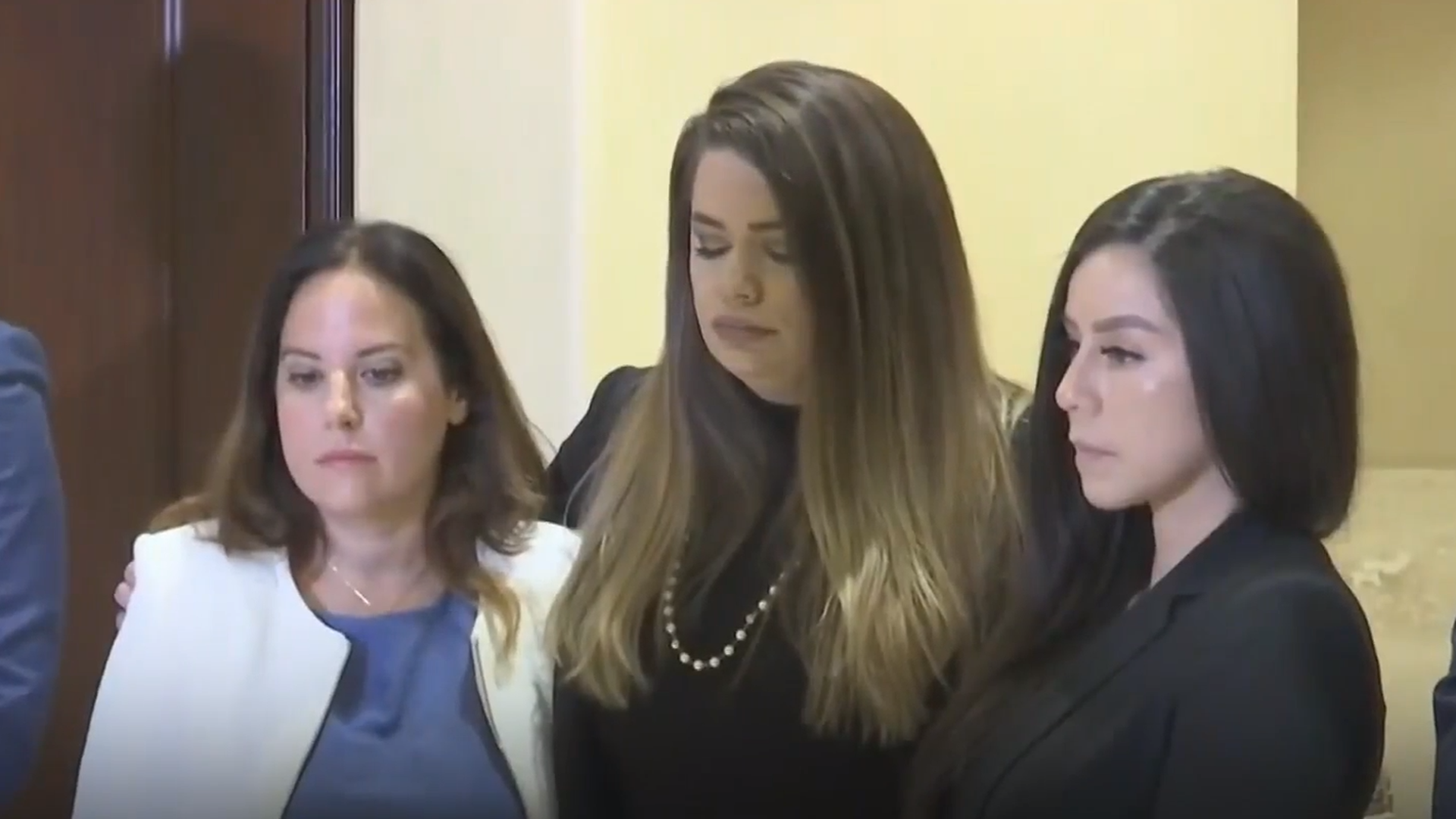
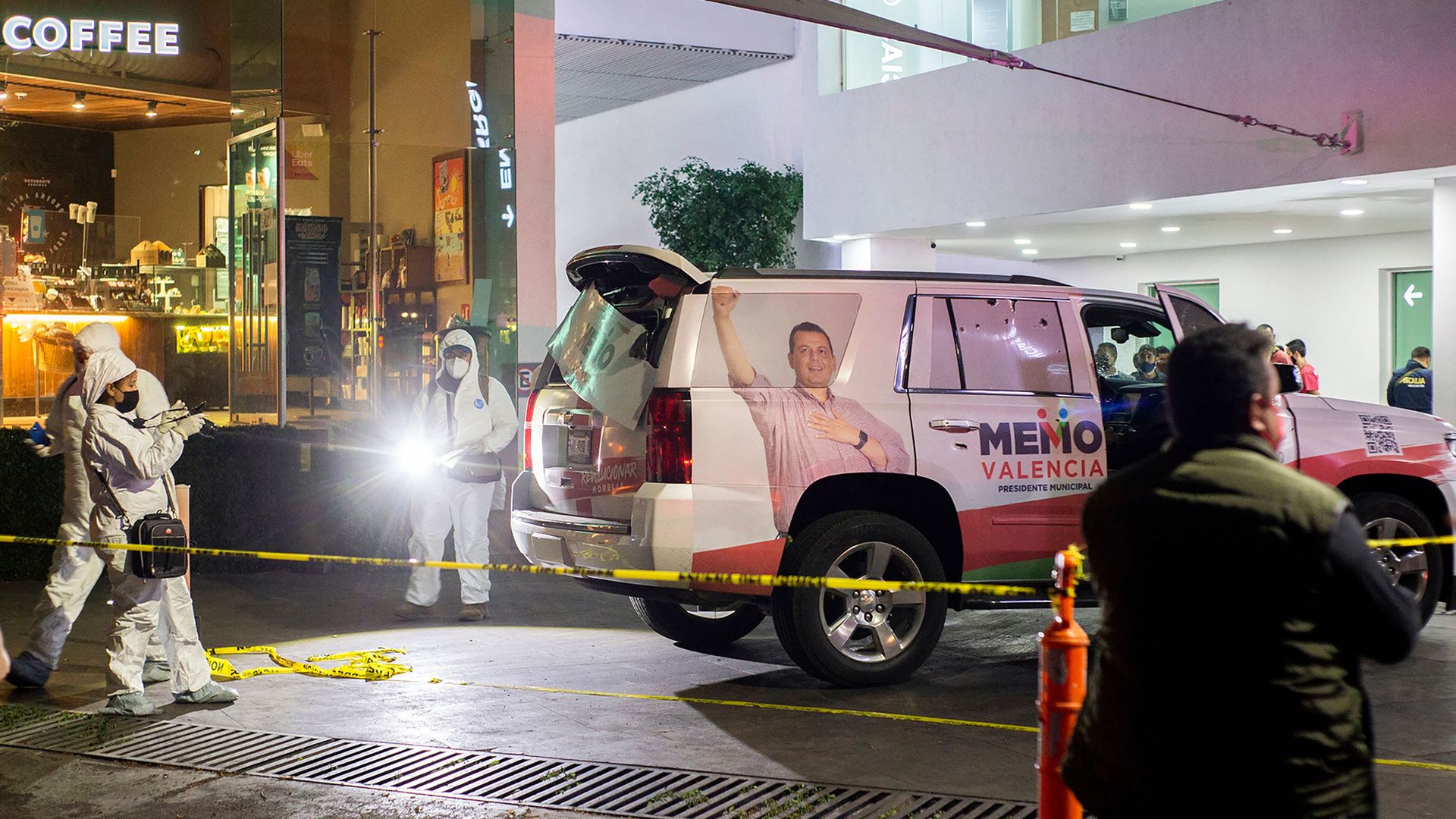
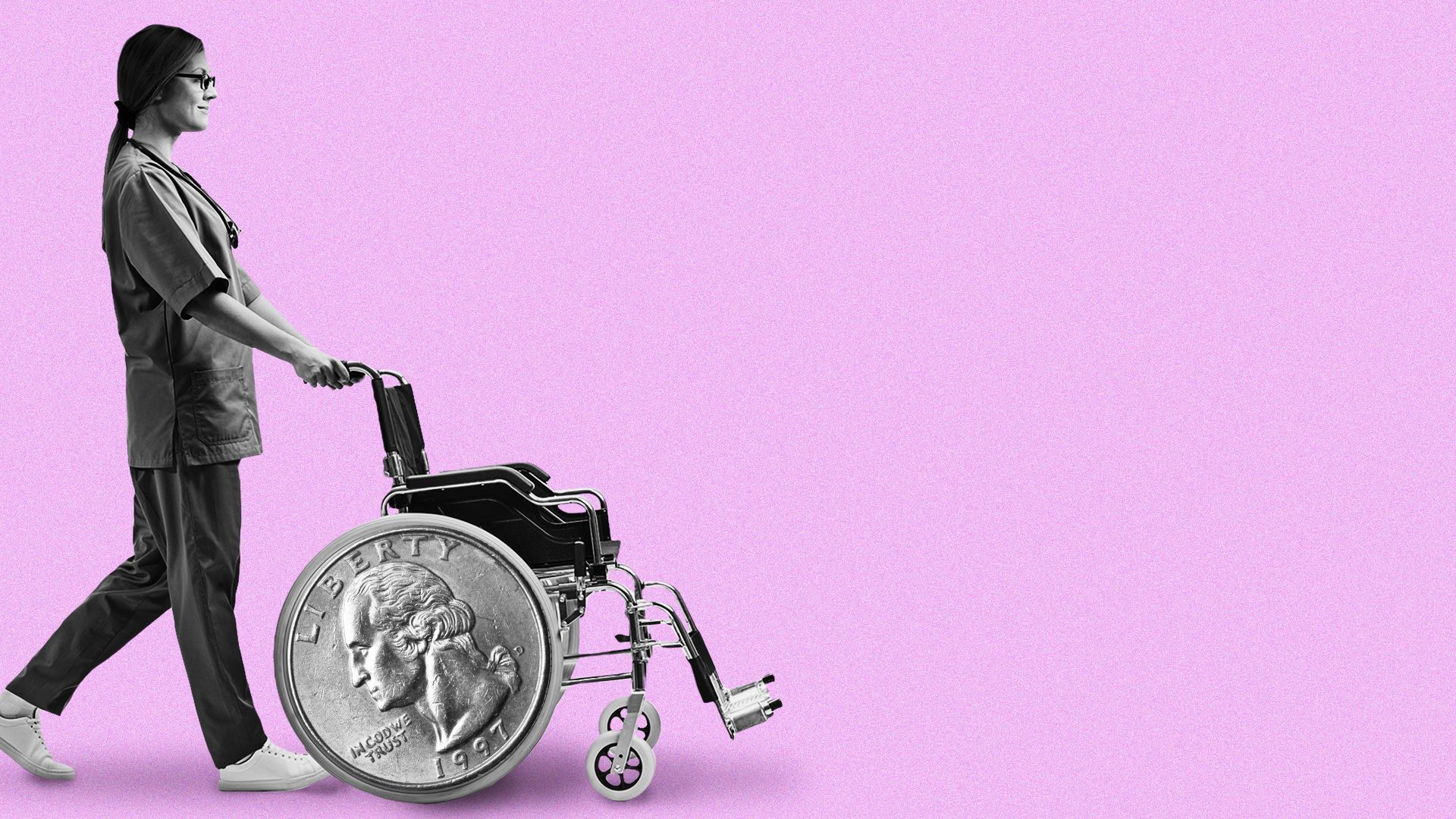
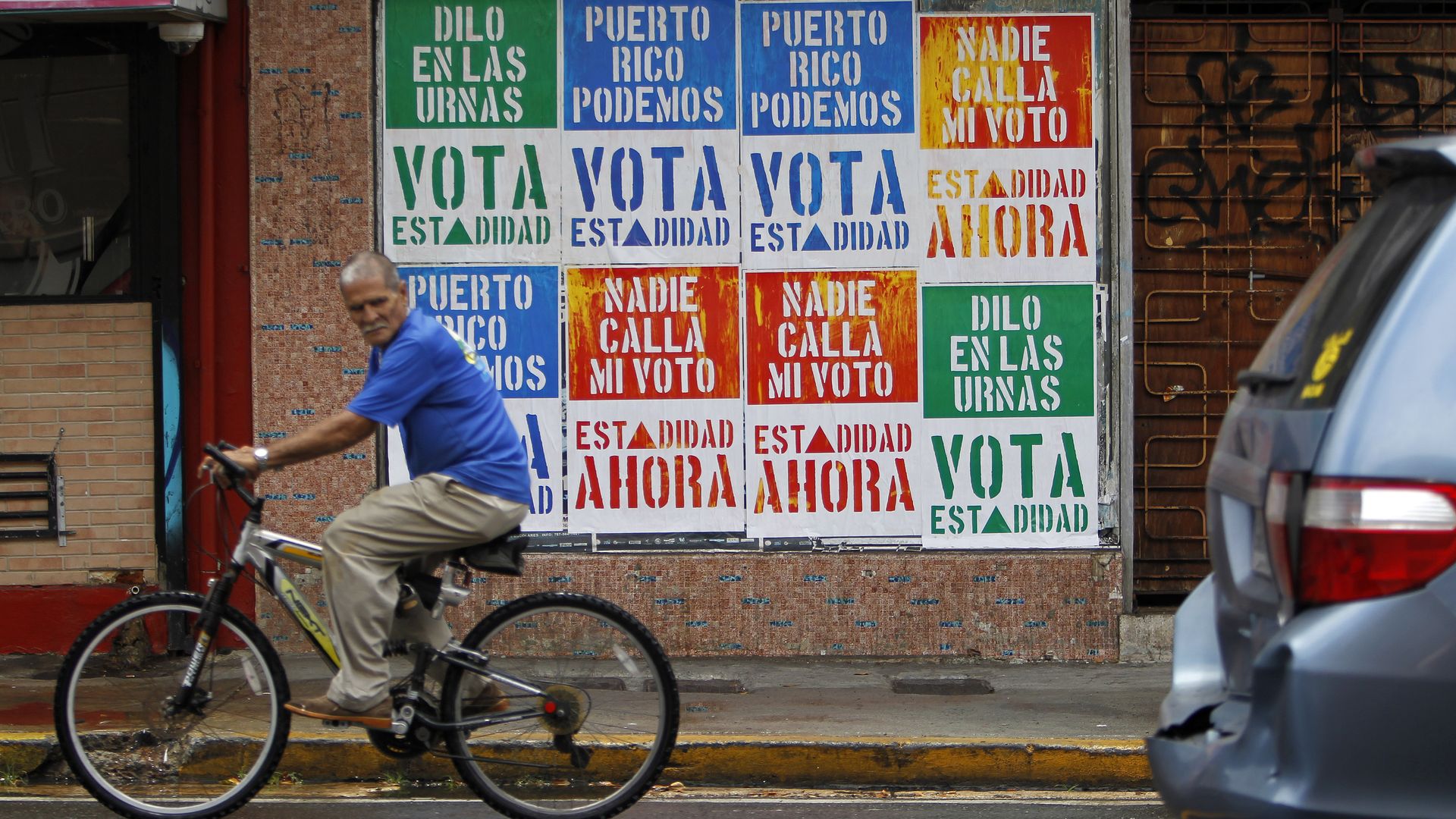
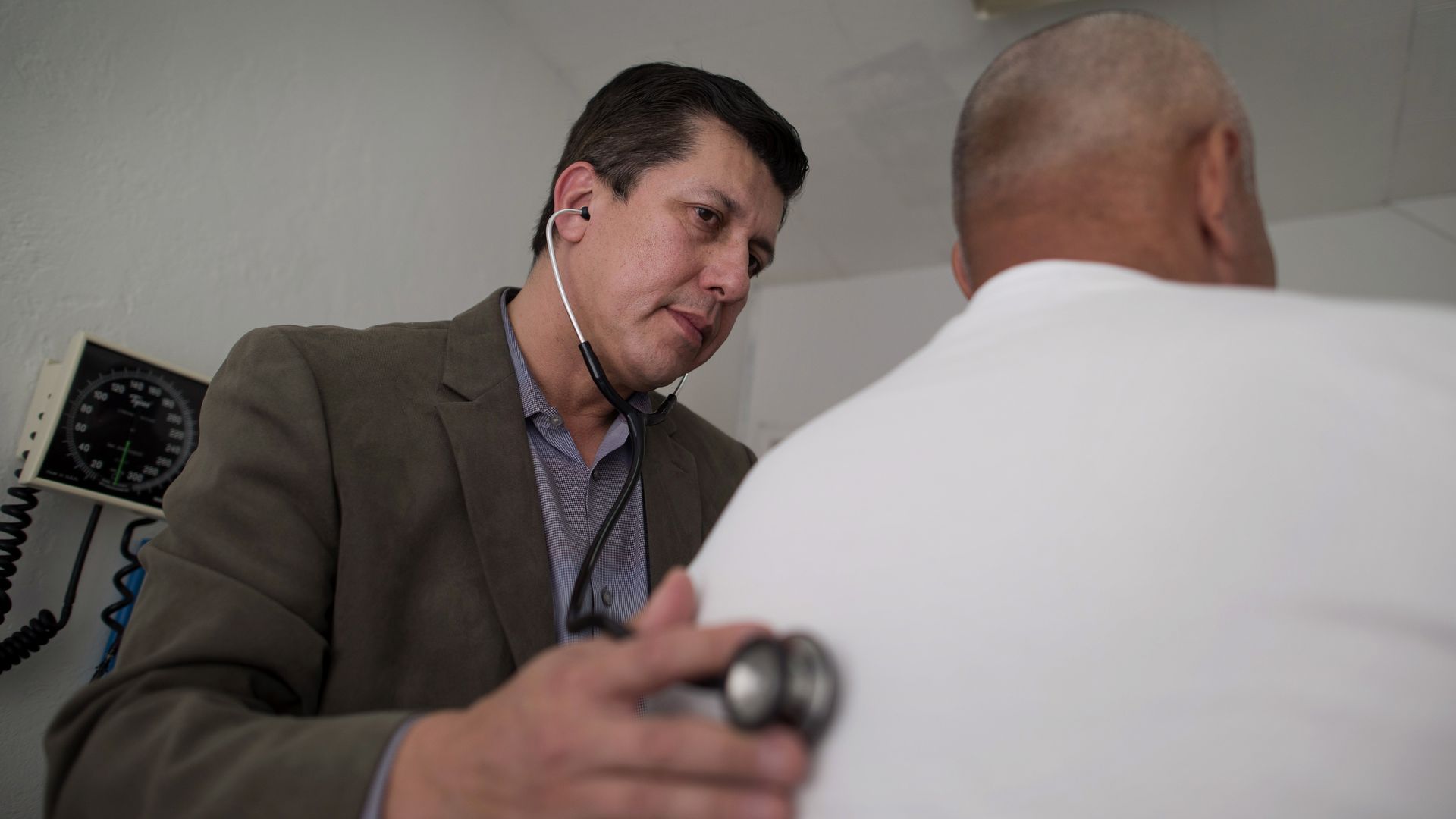


0 Yorumlar